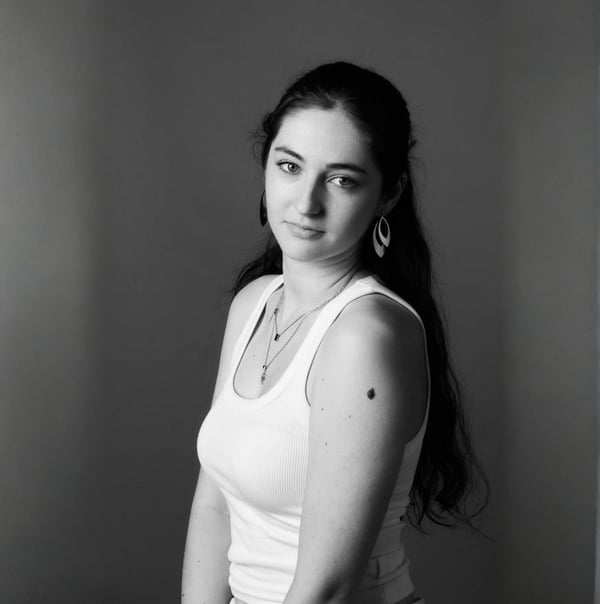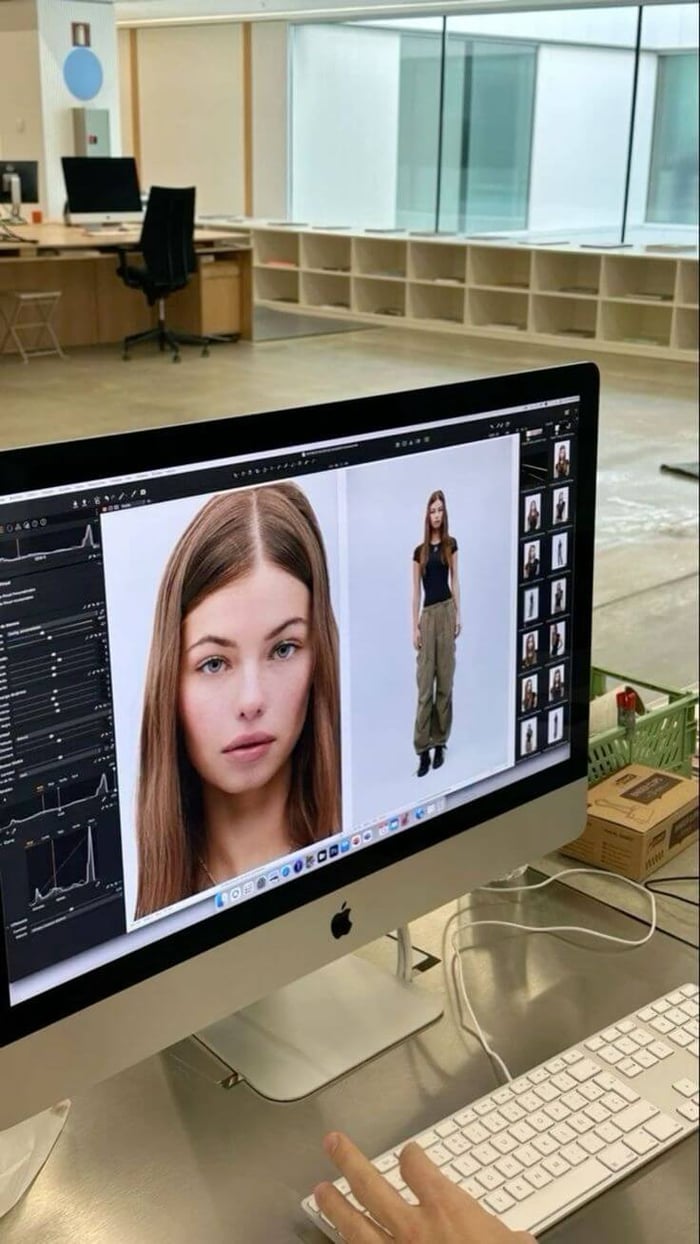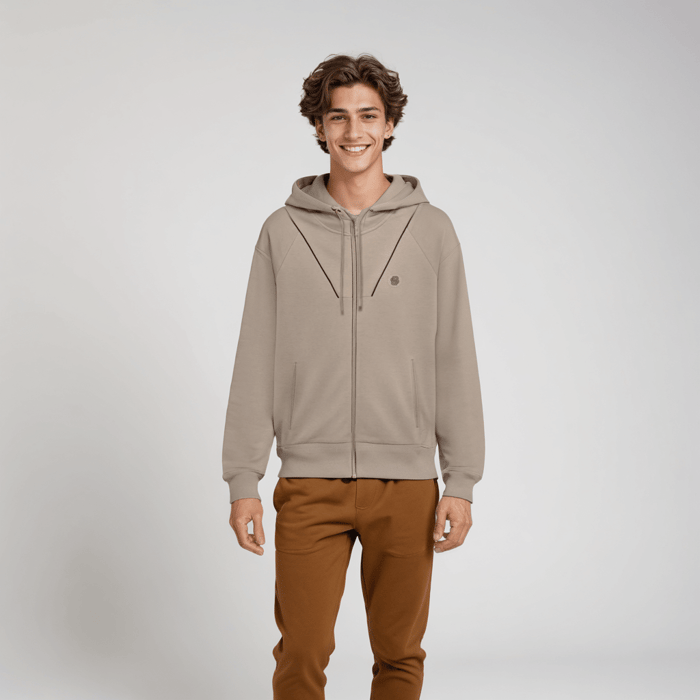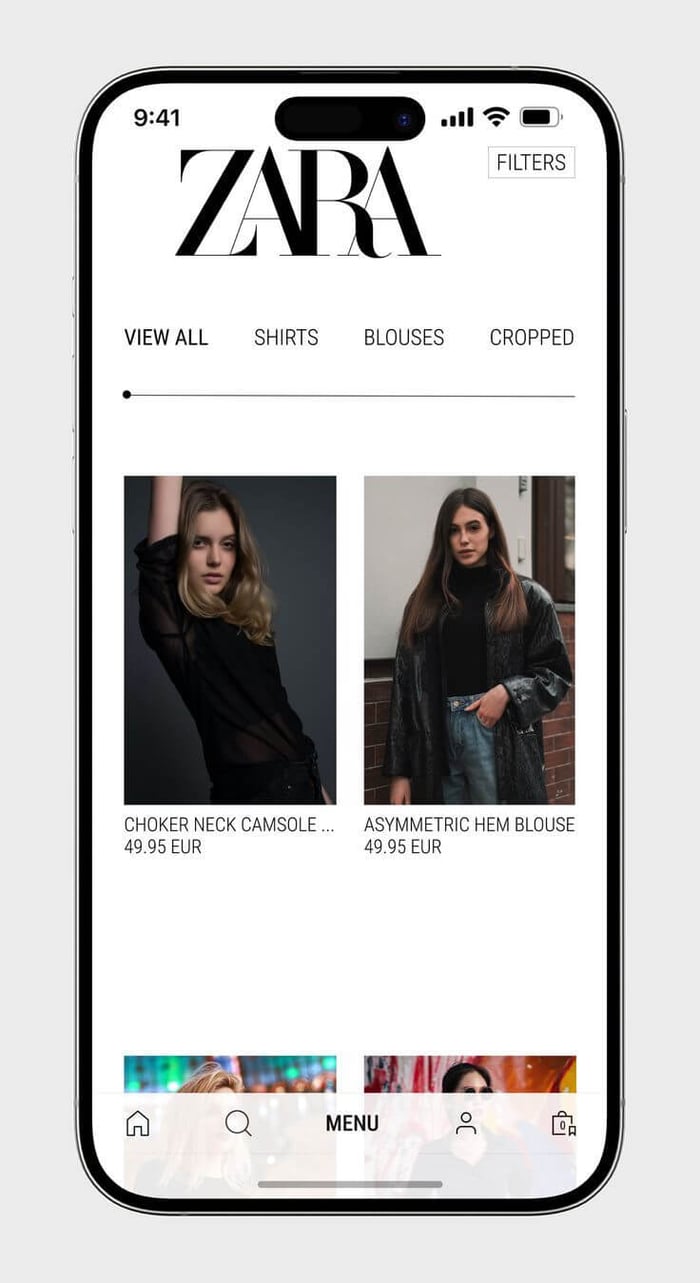Fashion Design with AI: All You Need to Know
Table of Contents
Fashion Design with AI: All You Need to Know! Let’s be real, fashion is all about staying ahead, and now AI is stepping in as the ultimate game changer. From predicting the next big trend to creating jaw-dropping designs in minutes, AI is making waves in the fashion scene. Whether you're a big brand or an indie designer, AI tools are transforming how collections are imagined, designed, and even sold.
What is Fashion Design with AI?
How AI Works in Fashion
Fashion Design with AI is all about using algorithms, machine learning, and data analytics to make smart design and business decisions. It’s not just about automating boring tasks it’s about using technology to spot upcoming trends, generate new ideas, and even predict what customers will want next. From mood boards to market analysis, AI tools help brands work faster and smarter.
Imagine cutting design time in half, making decisions based on real-time data, and customizing pieces for each customer. That’s what AI brings to the table, freeing up designers from repetitive work and helping them focus on creativity, all while making fashion more data-driven and less of a guessing game.
Key Applications of Fashion Design with AI
Trend Forecasting and Data Analysis
Fashion Design with AI: All You Need to Know AI can scan millions of social media posts, runway photos, and e-commerce trends to tell you what’s going to be hot next season. Brands no longer have to rely on gut instinct, they can lean on solid, real-time data. Beyond just spotting upcoming trends, AI helps brands identify regional preferences, color palettes gaining traction, and even upcoming shifts in consumer behavior. This allows designers and marketers to be proactive instead of reactive, planning collections and campaigns with much more confidence.
AI-Driven Design Creation
There are tools that can help you generate patterns, recommend color palettes, and even suggest designs based on past best-sellers. Some AI platforms can transform a quick sketch into a full prototype, making the creative process faster than ever. One standout example is Modelia, which empowers designers and fashion brands to create high-quality visual mockups of clothing on realistic AI-generated models. It allows for dynamic visual storytelling without expensive photoshoots, helping designers present their ideas clearly and test styles before investing in production. Tools like Modelia bridge the gap between imagination and professional presentation, making them indispensable in modern fashion design workflows.
Personalization and Customization
AI makes it super easy for brands to offer personalized recommendations and customized products. From suggesting outfits based on a shopper’s history to letting customers design their own pieces, AI helps brands connect with consumers in a much more personal way. It also allows for dynamic engagement where shoppers feel seen and valued. Platforms can recommend items based on past purchases, preferences, and even style inspirations gathered from social media. Some brands are integrating AI chatbots that not only help customers find products but assist in designing personalized clothing items, making the shopping experience collaborative and exciting.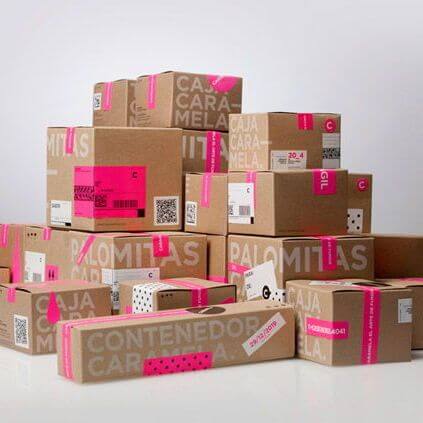
Popular AI Tools for Fashion Designers
3D Modeling and Virtual Samples
Fashion Design with AI: All You Need to Know, instead of making physical prototypes, designers can use 3D modeling tools to visualize clothing and make adjustments in real time. This not only speeds up production but also reduces waste.
Virtual Try-On Technology
Tools like virtual fitting rooms let customers see how clothes will look on them without leaving their house. It’s a game changer for e-commerce, reducing returns and boosting customer confidence.
AI Color and Style Generators
These tools suggest color combinations, patterns, and styles based on current trends and consumer preferences. Perfect for when you need a creative boost or want to make sure your designs hit the right notes.
How Big Brands Are Using AI
Nike: Smart Designs and Predictive Analytics
Nike uses AI to analyze athlete performance data and predict what features will enhance comfort and efficiency. This helps them design sneakers and apparel that aren’t just stylish but also functional. They integrate AI not only in product design but also in supply chain optimization and marketing strategies, creating data-backed campaigns that resonate with athletes and fans alike. The brand’s use of predictive modeling helps them anticipate demand spikes and manage inventory smartly, reducing waste and boosting profitability.
Zara: Real-Time Design Adaptation
Zara’s secret sauce? Speed. They use AI to analyze sales and social media trends in real time, adapting their collections to meet current demand. That’s how they always seem to have exactly what people are looking for. Their AI systems also help monitor in-store purchasing patterns and regional preferences, allowing them to fine-tune product distribution and reduce excess inventory. Additionally, Zara uses AI to enhance design decisions by testing multiple iterations digitally before physical production, helping them stay agile and sustainable.
Gucci: Luxury Meets Technology
Gucci blends AI with human creativity to design unique pieces and offer hyper-personalized shopping experiences. They also use virtual try-on tech to let customers experience luxury fashion online. In fact, Gucci’s app includes AR features that let users virtually try on shoes, accessories, and apparel, increasing online engagement by over 30%. The brand uses AI-powered data analytics to understand customer behavior and preferences, ensuring product launches are aligned with consumer demand. Their partnership with gaming platforms and digital fashion also shows how AI helps Gucci stay relevant to younger, tech-savvy audiences.
Opportunities for Small Designers
AI is not just for big players, small designers can also leverage it to stand out in a crowded market. Affordable platforms like Clo3D, Fashwell, and Vue.ai help independents prototype quickly, test ideas, and refine designs without breaking the bank. AI tools also assist in simplifying marketing, predicting trends, and automating time-consuming tasks. This means solo designers or small teams can act with the agility and foresight of large brands, reaching new audiences and making smarter business decisions with fewer resources. Fashion Design with AI: All You Need to Know is not just a concept; it's a transformative approach that both small and large fashion brands can adopt today to revolutionize their processes and engage customers in smarter, more personalized ways.
Wrapping It All Up
Fashion Design with AI: All You Need to Know, AI is transforming fashion from the inside out, speeding up processes, making design more intelligent, and enabling brands to connect with consumers like never before. Whether you're a global powerhouse or a local designer, embracing these tools will not only help you stay competitive but also spark new levels of creativity. The future of fashion is here, and it's powered by AI.
Join the Modelia newsletter for exclusive tips, updates, and insights—stay at the forefront of fashion and AI innovation.
How would you rate this article:
Related Articles
- The Best Autumn Outfit Ideas for This Season
- Capsule Wardrobe Essentials for Every Season
- How to Care for Your Clothes to Make Them Last Longer
- Shopify vs PrestaShop: A Complete Comparison for Sellers
- Modelia vs Botika: A Detailed Comparison for Ecommerce Businesses
- AI Person Generator: Generate Unique and Realistic People with AI
- How to Use an Outfit Visualizer for Fashion Inspiration
- How to Create a Clothing Brand: Step-by-Step Guide
- Best AI Muppet Generators for 2026
- Digital Fashion in the Metaverse: How Virtual Clothing is Shaping the Future of Online Style


